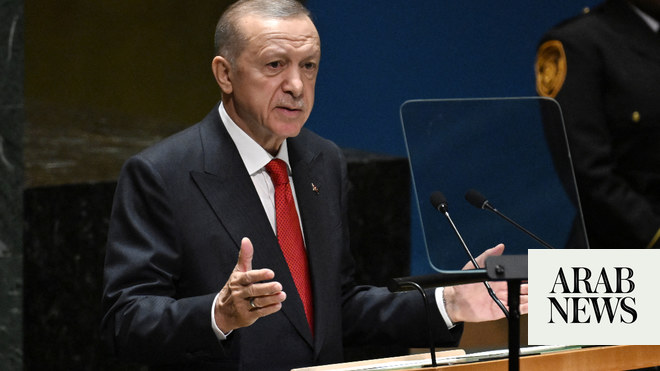Australia calls for ‘concrete steps’ on Israeli settler violence after ICJ apartheid ruling
LONDON: Australia has called on Israel to do more to stop violence by settlers in the Occupied Territories after the International Court of Justice ruled that Israel is responsible for overseeing an apartheid system.
Australian Foreign Minister Penny Wong said Israel needs to take “concrete steps” to end “extremist settler activity,” adding in a statement published on X that Canberra considers the occupation a “significant obstacle” to peace in the region.
“We respect the independence of the court and its critical role in upholding international law and the rules-based order,” Wong’s statement read.
“We are carefully considering the detail of the ICJ opinion to fully understand the conclusions reached.”
She said Australia will deny travel visas into the country to anyone identified as a settler. “A just and enduring peace will require the legitimate aspirations of the Palestinian people to self-determination to be realised,” she added.
“We want to see concrete steps taken by Israel to cease the expansion of settlements and to respond to extremist settler activity.”
In its non-bonding advisory opinion, the ICJ said Israel should end the occupation “as rapidly as possible” and take steps to fund reparations for “internationally wrongful acts.”
Its publication follows a request in 2022 by the UN General Assembly to assess legal consequences of Israeli policy in the Occupied Territories.
Tirana Hassan, executive director of Human Rights Watch, said in a statement: “In a historic ruling the International Court of Justice has found multiple and serious international law violations by Israel towards Palestinians in the Occupied Palestinian Territory, including, for the first time, finding Israel responsible for apartheid.
“The court has placed responsibility with all states and the United Nations to end these violations of international law.
“The ruling should be yet another wake up call for the United States to end its egregious policy of defending Israel’s oppression of Palestinians and prompt a thorough reassessment in other countries as well.”
































